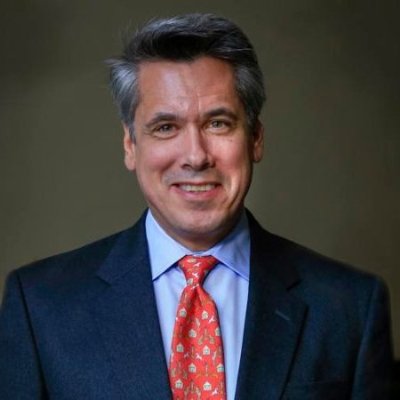James Hill’s first preparations to run a trading desk happened long before he took the reins one year ago as head of equity trading at Hartford Investment Management Co. (HIMCO). The analytical process Hill learned from his military training in the Army has paid dividends in trading for the passive and quantitative manager overseeing $6.7 billion in equities.
“All of the discipline and organization that come from the military totally translate to this job,” says Hill, a 1989 West Point graduate who fought in the first Persian Gulf war. He also earned an MBA from Duke University before landing on the international trading desk in 1996 at Lehman Brothers. There he made markets in Asian ADRs and later in Nasdaq stocks at Fidelity Capital Markets.
The catchword for running an efficient trading desk is “process”-a word the Securities and Exchange Commission has highlighted for the last decade to describe best execution. And Hill says “process” is very important in executing a military mission.
“In the military, you receive a mission-whether in training or in war-and you create a plan and execute the mission,” says Hill, who graduated from Ranger School, an intense Army leadership program. “Then you review the mission and you make improvements in the system. That’s what we do on the desk.”
The review process in trading is trade-cost analysis. Hill knew TCA would be an important part of the firm’s best-execution mandate. But because HIMCO trades lists of stocks, he also knew that it needed to have a seamless integration of its OMS and EMS. The benefits of eliminating errors, accessing the market faster and capturing trade data, he says, have all enhanced the best-execution process.
“We are very vigilant when we trade,” he says. TCA had helped strategically in that HIMCO has learned to use limit orders aggressively in certain markets. “We try to ensure that we’re not paying the spread,” Hill says. HIMCO only trades agency and doesn’t use principal bids.
Whether trading on the buyside or sellside, he says, both need “to watch where they trade, what’s happening in the market and where prints are.” And that’s difficult these days, because “there’s a lot more work to knowing what’s happening with your order.”
Hill also ran Fidelity Capital’s Boston Stock Exchange floor operation, which put the former Army captain in charge of a group of 15 employees. During his roughly four-year hitch there, Hill saw a steady attrition of head count on the floor. Fidelity began trading more of its clients’ New York Stock Exchange-listed stocks on electronic trading platforms. “When I started, there was this vibrant trading floor, and then you saw it shrink as more and more flow got pushed to other venues,” Hill says. “Now we have this more electronic process, and while it’sefficient, it is extremely fragmented.”
(c) 2008 Traders Magazine and SourceMedia, Inc. All Rights Reserved.
http://www.tradersmagazine.com http://www.sourcemedia.com






